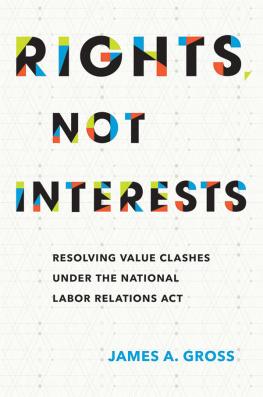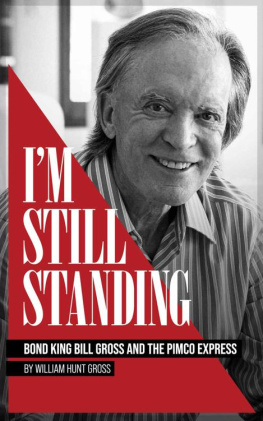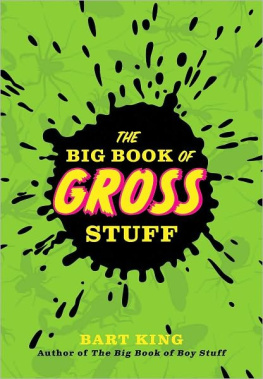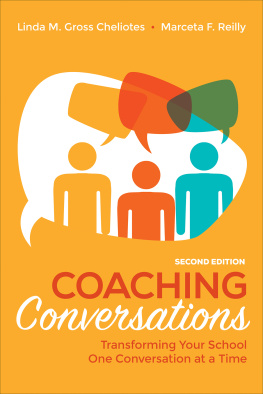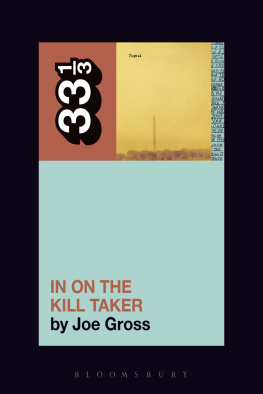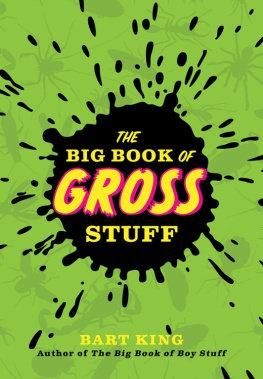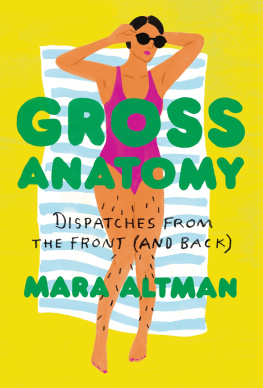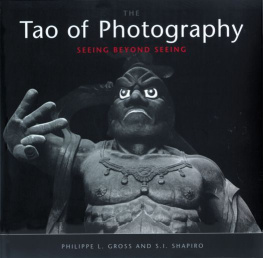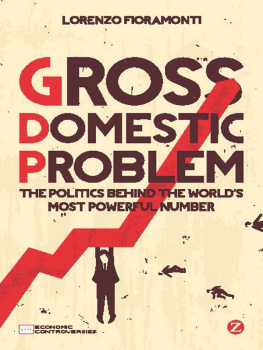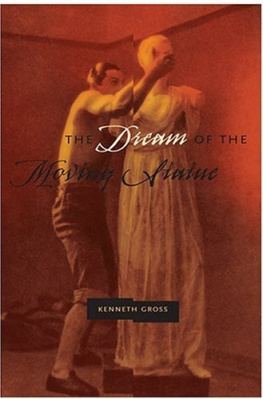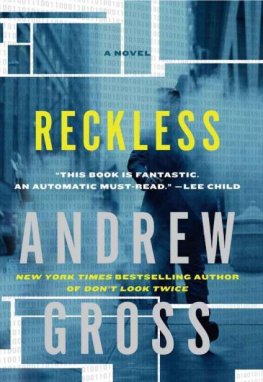A LL I D ID W AS A SK

Conversations with Writers, Actors,
Musicians, and Artists

TERRY GROSS

For
Francis Davis
Anne Gross (19182001) and Irving Gross
Danny Miller
Although your name isnt on the cover, this is your book, too.
C ONTENTS
I m Terry Gross, and this is Fresh Air
But this is a book, not a radio show. You may be wondering what the point is of reading interviews that were meant to be listened to. Ive asked myself that. But in going through transcripts in preparation for this book, I was pleasantly surprised that so many of the interviews I remembered as having been good radio also made for enjoyable reading. In reading the ones gathered hereI probably shouldnt admit thisIve learned things from them that went right by me in the studio.
This book is different from the show in another way. It features only interviews with people in the arts. On our daily broadcasts, we try to offer meaningful discussion of the most pressing issues of the moment (too often of late, these have been issues relating to war and terrorism). Someones new novel or movie or CD can seem trivial compared to the days headlines. But whereas timely interviews can become dated very quickly, the pleasure we gain from the finest books and movies and music stays with us. So does our interest in the people who create themwhich is why Im hoping youll enjoy reading this selection of interviews with writers, actors, directors, musicians, comics, and visual artists.
On the air, I make it a point to keep the focus on my guests. Here it seems fitting to share some of my thoughts about interviewing, and to give you an idea of whats involved in putting the show together. The interviews on Fresh Air sound conversational, or at least I hope they do. But they bear little resemblance to the conversations we have in daily life. Unlike an actual conversation, which requires only two people, a Fresh Air interview is a team effort. One of my producers finds and books the guest, a researcher locates the material I need to look at for background, an associate editor cuts the tape, and the executive producer decides on its final structure and length and whether its worth putting on the air. The only people youre aware of when you listen to the interview, though, are me and my guest.
I violate many rules of polite conversation in my interviews, even when Im making every effort to be respectful. You know what its like when youre cornered by someone who cant stop talking? Theres just no polite way of telling them to stop. If this were happening at a party, you could excuse yourself by pretending to spot someone else in the crowd you really needed to say hello to. Well, that kind of graceful getaway isnt an option for me in the studioin addition to which, the problem isnt really that Im bored, but that my listeners are going to be. Sometimes the guest is an expert on a given subject whos trying to provide more information than can be comfortably accommodated in a radio interview; hes so happy to be on public radio, where he doesnt have to answer in sound bites, that he cant stop himself from delivering a speech. But sometimes its just a guest with whats facetiously called the gift of gab, and theres no courteous way of telling him to cut to the chase. All I have with a guest is an hour tops, which means I have to make every minute count. So I do something I would never do off the airI interrupt. I stop the interview to explain the peculiar demands of radio and suggest that shorter answers would be better. I risk momentarily embarrassing someone I regard highly enough to have on the show, because I trust that this little bit of advice will help him or her keep the attention of our listeners. Isnt that what we both want?
It doesnt always work. Sometimes a guest is just incapable of being concise, even though he knows better. A few years ago, for example, I taped an interview with Georgi Arbatov, once the Soviet Unions leading expert on the United States. His answers were so long that I found myself losing attention and felt confident our listeners would have the same problem. But he was impervious to my promptings for shorter answers. My final question to him was what advice he used to give Soviet leaders about making a good impression on American TV. Ive told Gorbachev more than once, he said emphatically and without missing a beat, not to be so long-winded.
I also violate decorum by asking questions of my guests that you usually dont ask someone youve just met, for fear of seeming rude or intrusive. Within minutes of saying hello to a guest, I might inquire about his religious beliefs or sexual fantasiesbut only if its relevant to the subject hes come on the show to discuss. Or at some point during the interview, I might ask a question about a physical flaw of the sort that we gallantly pretend not to notice in everyday life. When I do this, my purpose isnt to embarrass my guest or to make him self-conscious. Im trying to encourage introspection, hoping for a reply that might lead to a revelation about my guests life that might lead, in turn, to a revelation about his art.
Sitting across the table from Chiwetel Ejiofor, the Nigerian-born star of Stephen Frearss Dirty Pretty Things, I couldnt help but notice that the scar on his forehead appeared larger than it had on-screen. I guess I was surprised to see it at allId assumed it was the work of the films makeup artists, a clue to the audience that Ejiofors character was hiding a mysterious and dangerous past. I felt on safe ground asking Ejiofor about the scar only because an actors face is part of his equipment and leading men are expected to be unblemished. He explained that the scar was from a car accidentthe same one hed talked about earlier, in which his father was killed. The incident, in which Ejiofor himself was badly injured, was so traumatic that he wasnt comfortable revealing more than thatwhich I found perfectly understandable. But he did say that he thought the accident had led him to become an actor. In his roles, he could express frustrations, and sometimes angers, that are simply inappropriate in everyday life.
I also often ask my guests about what they consider to be their invisible weaknesses and shortcomings. I do this because these are the characteristics that define us no less than our strengths. What we feel sets us apart from other people is often the thing that shapes us as individuals. This may be especially true of writers and actors, many of whom first started to develop their observational skills as a result of being sidelined from typical childhood or adolescent activities because of an infirmity or a feeling of not fitting in. Or so Ive come to believe from talking to so many writers and actors over the years.
EVERYTHING IVE SAID SO FAR MIGHT lead you to think I believe that sitting in front of a microphone entitles me to ask practically anything. But I do respect my guests privacy. I would never pressure anyone to reveal those thoughts and experiences he desires to keep private. The problem is you never know where someone is going to draw the line. A literary figure I interviewed a few years ago who was taken aback when I asked how his chronic illness affected his daily life was delighted by a question that gave him an opportunity to discuss how he developed his love of books by masturbating to pornographic ones as a child. Ive learned the hard way not to make assumptions. Thats why before beginning an interview, I tell the guest to let me know if Im getting too personal, in which case well move on to something else (easy enough to do, because all
Next page

